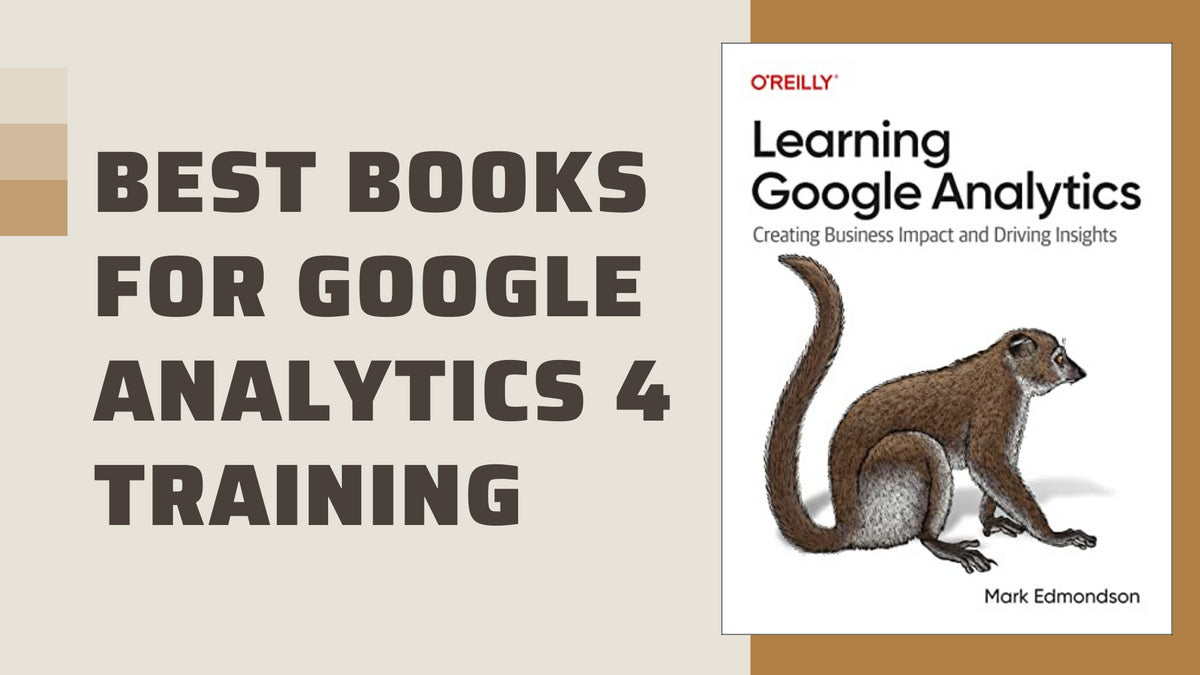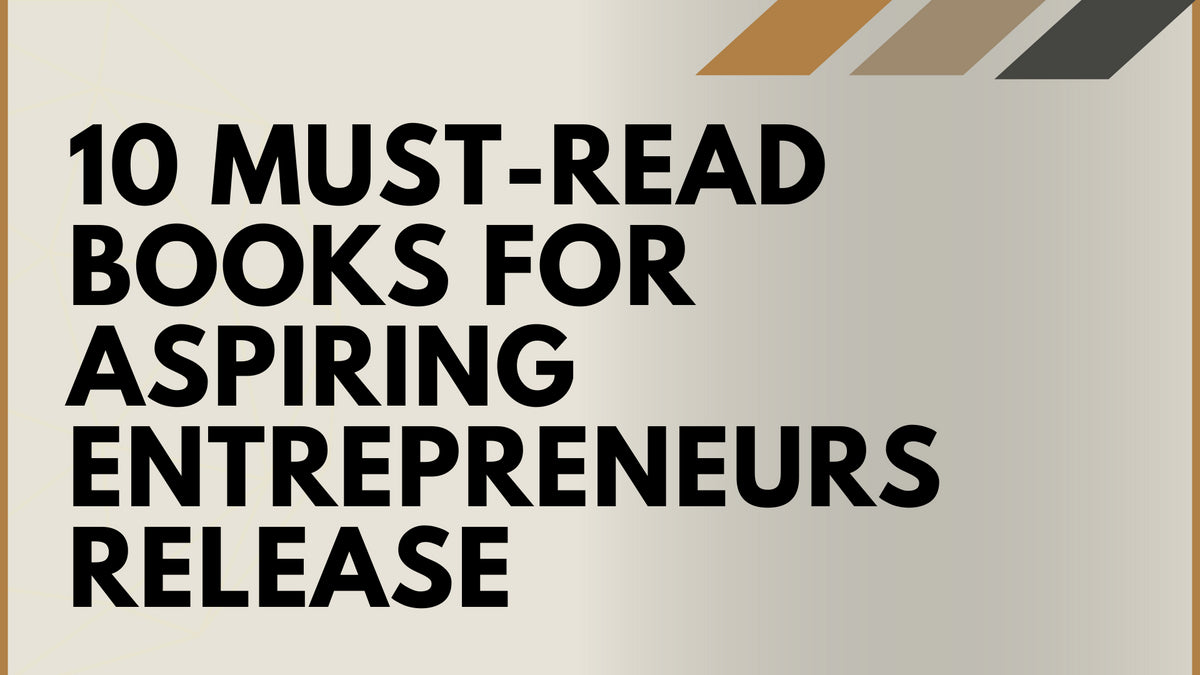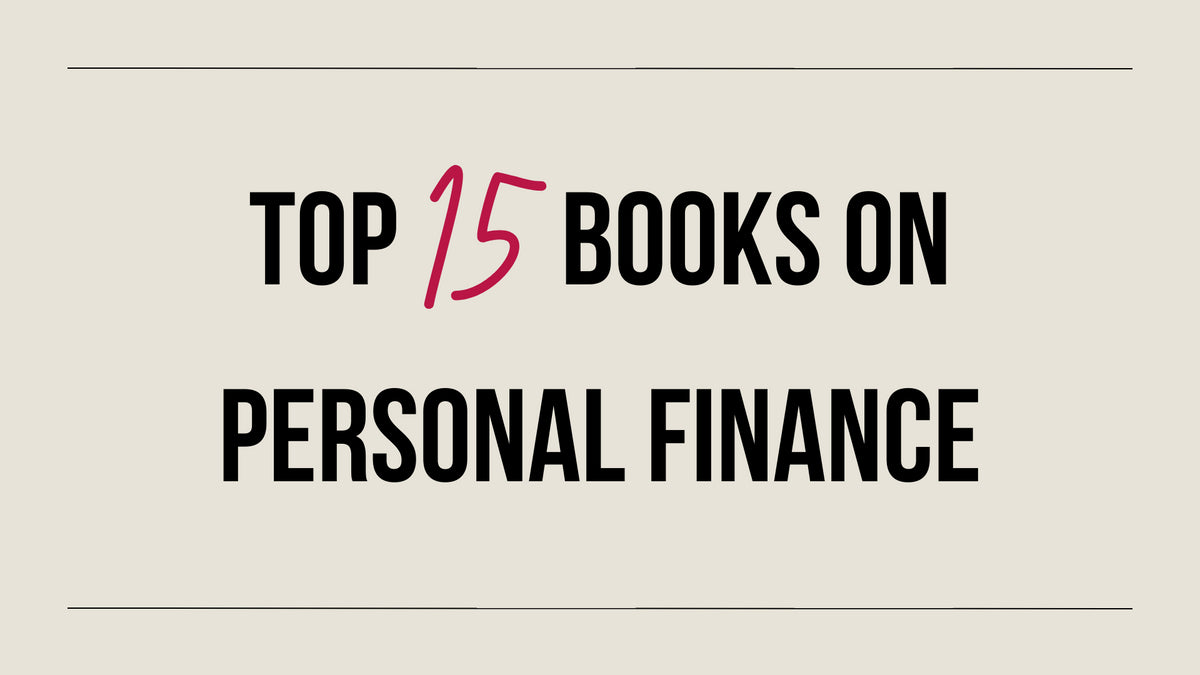Your Cart is Empty
The No Asshole Rule Book Summary: Building A Nice Workplace
Listen To This Article
Create A Friendly Company
How many times have you exclaimed, either out loud or just in your head "What an asshole!"? The good news is that you are hardly an isolated case. Robert I. Sutton adds to the foundation of his article in Harvard Business Review in order to highlight the best approaches to dealing with assholes and illustrate why and how they can be so debilitating to running a company.
By giving this book a read, you will be presented with plenty of moments of common sense, empathetic and amusing instances on several major topics. By the time you reach the last page, you will be intimately attuned to an "asshole sense" that will pick up negative qualities, be apprised of major incidents of assholery within major organizations and businesses and even have an accessible test to self-diagnose and rehabilitate your own asshole tendencies.
Sutton has already revealed that the asshole is not a pest in the office but is actually a far more dangerous and toxic hazard to corporate profits and employee morale. His newest book unveils the Total Cost of Assholes (TCA) to the modern world of corporate enterprise. He reveals all of the tells common to assholes, such as being fond of interrupting, putting people down and favoring sarcasm and teasing as attack delivery systems. His self-diagnostic asshole test can also help you figure out if the one asshole in every room you go to happens to be you. If you take the test and discover the unfortunate news that your inner jerk has a lot of trouble staying inside and kept in check, Sutton also provides a list of tips to help temper those tendencies and even reform your urge to act "presidential" while at the office and when you are off the clock.
Learn How Rude People Can Ruin A Company
- “Temporary” Assholes vs. “Certified” Assholes
- How assholes ruin companies
- Are you an Asshole? (Quiz!)
- Assholes are assets (sometimes)
- Surviving "Satan's Cesspool"

Featured In This Review
The No Asshole Rule
$17.99
For a business including a jerk into your culture will be toxic. It will ruin any chances of successfully building a business with high employee engagement and low turnover. Learn to spot, stop or just manage jerks in any company.
SHOP NOWThe No Asshole Rule Book Summary
Sutton quickly disarms readers with admissions of his own regrettably asshole-ish moments. He then asks if any readers have managed to get through life without being an asshole. If so, he asks such readers to “...please contact me immediately. I want to know how you’ve accomplished this superhuman feat”.
This admission and the reassurance that we’re all jerks sometimes lends perspective to the problem and reinforces the delineation between the true, “certified assholes” and the “temporary assholes” he defines in the beginning of the first chapter.

As support for his general argument, Sutton pairs anecdotes of nightmarish abuse with findings from toxic organization studies. It's a structure that confirms our own observations, reassuring us that we’re not crazy by affirming that the anecdotes aren’t isolated, exceptional instances. A book that provides a great example of decisions that create toxic work environments can be found in GRIT about Enron.

He backs up these horrifying stories with statistics about the large percentages of victims and witnesses of bullying that leave their current company.
To prevent this competence exodus and maintain a jerk-free workplace, management and employees must, he presses, act swiftly and definitively when they see poor behavior - regardless of the asshole's job title. It must also be public; doing so will reassure current employees, lure in valuable new hires, and repel the undesirables. For more on finding the right people and removing those who are toxic read the book WHO.

As we all are jerks from time to time, spotting jerk qualities in yourself is very important. Surrounding yourself with the right people has a major impact on your behavior. People surrounded by assholes tend to develop asshole tendencies. There is a quiz included in the book for a helpful introspection. Tim Ferris talks a great deal about the importance of removing people from your life that are not bettering you in his book The 4 Hour Workweek.
Want to buy a book review like this?
Click here to learn how to get your book reviewed!
Not everyone can change their environment or resign; Dr. Sutton dedicates an entire chapter to survival tips for maintaining sanity and dignity in a toxic workplace. For more insights on this specific survival method, read his new book, The Asshole Survival Guide, to give the topic its due.

Though The No Asshole Rule outlines policies that, for the most part, executives would need to implement, managers and employees can use it to encourage civility at work. However, Sutton stresses the need to see to the implementation of well-meaning policies at all levels and the personal responsibility of each member of the organization to see that civility is the rule. A wonderful book about this subject and company culture in general is Bait & Switch.
About The Author Robert I. Sutton
Robert I. Sutton is a Professor of Management Science and Engineering at the Stanford Engineering School, where he has been for 35+ years. He teaches undergrads, grads, CEOs, and others, while writing, offering seminars and speaking engagements, and recording his podcast. His published body of work includes his blogging, and many, many articles and essays.
His seven management books include these bestsellers: The No Asshole Rule, Good Boss, Bad Boss, Scaling Up Excellence (with co-author Huggy Rao), and as mentioned his newest book is The Asshole Survival Guide.
The No Asshole Rule, has appeared on New York Times, Wall Street Journal, USA Today and Business Week bestseller lists. Dr. Sutton republished in 2010 with a different publisher in order to add new material about the book's impact.
Dr. Sutton has a website where you can find links to his written works and blog, and see what books he recommends or rants he's written.
Want to buy a book review like this?
Click here to learn how to get your book reviewed!
Leave a comment
Comments will be approved before showing up.
Also in Books

The Best Books for Google Analytics 4 (GA4) Training
Unlock the secrets of Google Analytics 4 with our curated list of the best GA4 training books for 2023! Dive deep into actionable insights, master advanced techniques, and lead the digital analytics revolution. Don't get left behind; discover the ultimate resources to dominate GA4. Click now to elevate your skills!
Read More
10 Must-Read Books for Aspiring Entrepreneurs
Do you dream of starting your own business? If so, you need to read this article! We've compiled a list of 10 must-read books for aspiring entrepreneurs. These books will provide you with the knowledge and inspiration you need to turn your dream into a reality. Click here to read the article and learn more!
Read More
Top 15 Books on Personal Finance
Are you looking for a safe and informative place to learn about personal finance? If so, you've come to the right place! This article discusses the top 15 personal finance books on the market, all of which are sure to help you improve your financial situation without any explicit sexual descriptions or that is sexually suggestive in nature or is primarily intended to cause arousal.
Read More